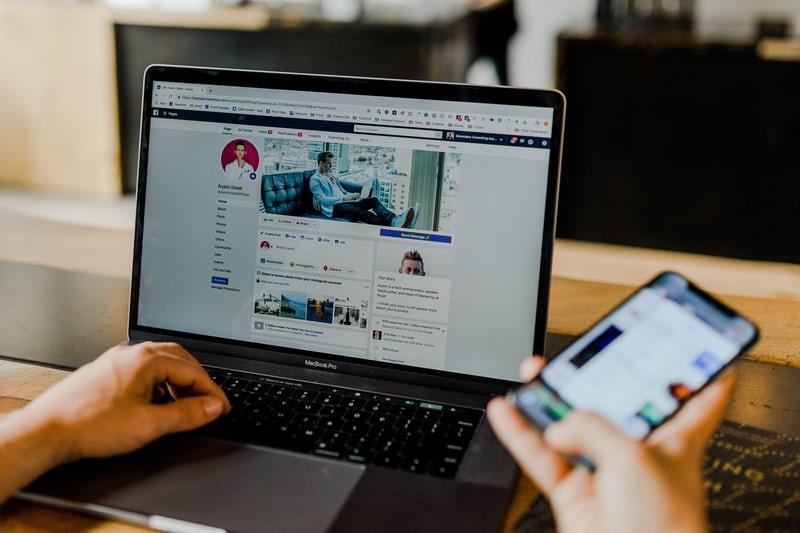The new documentary The Social Dilemma is thought provoking and unsettling. One of the most serious questions explored is how and to what extent social media and mental health are interconnected, often without our knowledge. As a newer area of research, here’s some of what we know about social media and mental health so far.
Low levels of social media usage are associated with better mental health.
A variety of emerging studies are discovering the same thing – mental health rises and falls based on time spent on social media. Some of the studies report:
- Depression is almost three times more likely among frequent users.
- Two hours or more of social media use among teens leads to self-reporting of “poor” or “fair” mental health as compared to occasional users.
- Users who reduce social media to thirty minutes a day have significantly lower depressive and anxiety symptoms than the control group.
While other factors always need to be considered, the outcomes support the connection between social media and mental health. More specifically, depression and anxiety increase with high levels of social media use and improve with lower levels of social media use.
Social Media & Mental Health Impact Includes Both Passive & Active Use
Passive social media use refers to the observation and scrolling of other people’s accounts. The most consequential impact of this is FOMO (fear of missing out) as comparison settles in. Anxiety, envy, and resentment rise and self-esteem tumbles as everyone else’s life appears more appealing than your own.
Active social media use refers to those who post and engage with others regularly on social media. The biggest mental health impact here is the attention given to impression management. Chasing “likes” or affirmation from others becomes the primary source of validation and acceptance. Social media and mental health impact is especially seen in low levels of self-esteem and body image, especially during the fragile developmental teen years. At its worst, suicide can result from cyber-bullying and other negative interactions on social media.
Social Media is Designed to Be Addictive
Any time you are unable to stop yourself from engaging in a certain behavior you are harming your mental health. Through intentional behavioral design principles, social media is designed to draw you back time and again by promising a “high” of sorts. The human brain craves the potential reward that comes from a new like, comment, photo, or post. Social media apps deliver something new each time you open them and easily refresh once in the app.
Psychologists estimate that about 5-10% of the population meet the criteria for social media addiction. It looks much like any other addiction and includes:
- Being overly concerned with social media
- Driven by an uncontrollable urge to log on or use social media
- Devoting so much time to social media use that it impacts your quality of life in other areas
Dopamine plays a big role in social media use, creating pleasure and reward signals that motivate you to repeat the behavior. Social media and mental health are woven together in this addictive cycle. Whether a full-blown addiction or not, your use is often more than you intend in a given day.
Emerging research continues to support the connection between social media and mental health.
If you are interested in reducing your use of social media to improve your mental health, contact BetterYou. With the help of a digital coach, BetterYou helps you make better digital decisions every day to stay focused on the things that matter most to you.
